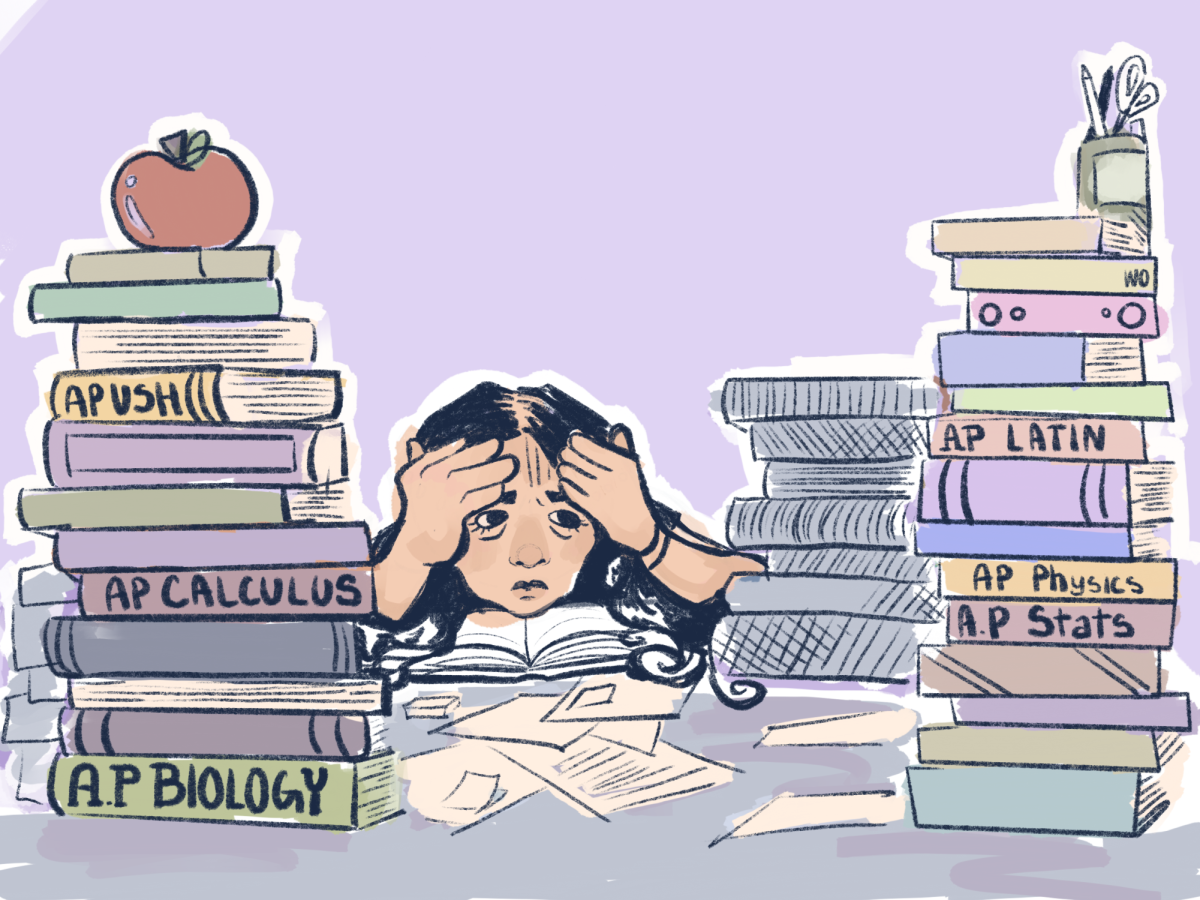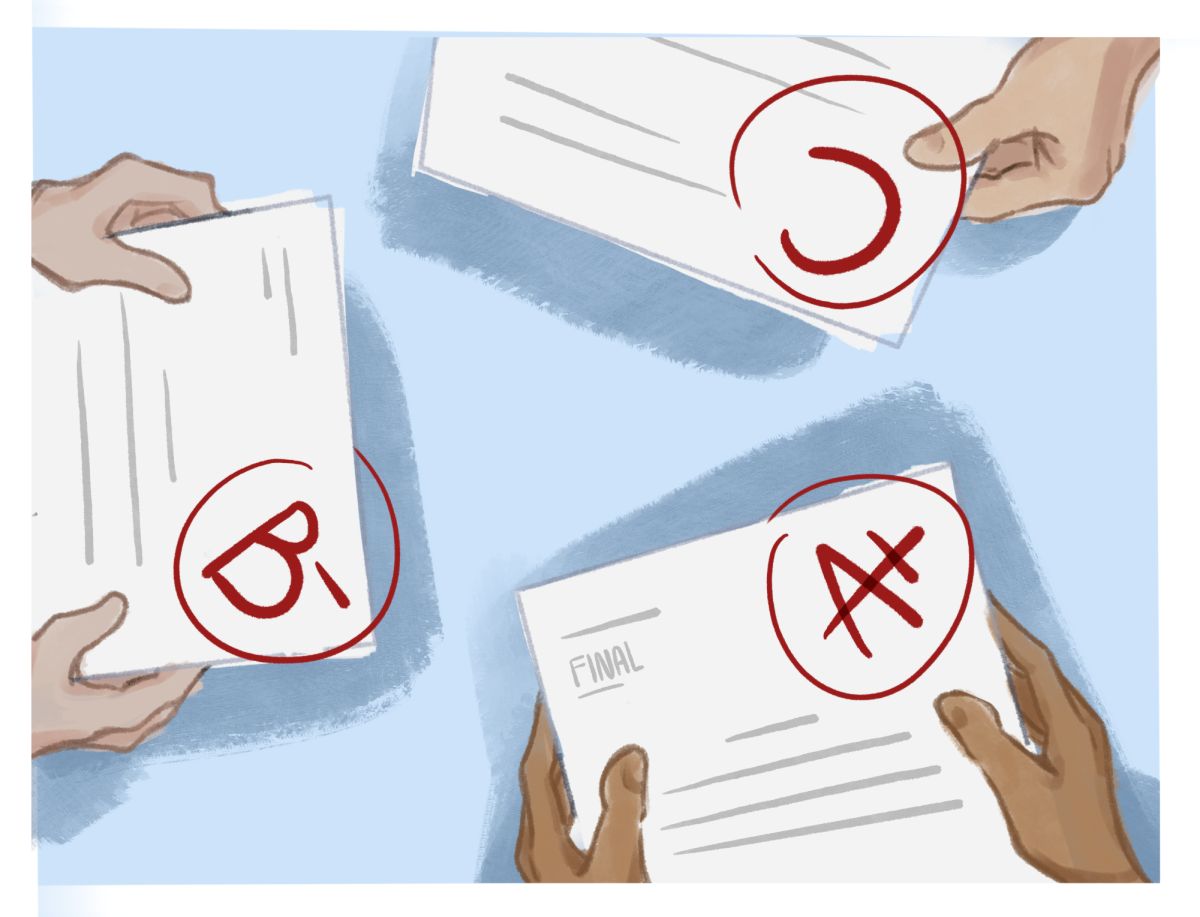Though the pandemic has exacerbated the rate at which many colleges and universities are going test-optional for each successive application cycle, standardized tests are important and largely objective ways of measuring an applicant’s pure knowledge of core academic subjects and should be required unless in certain extenuating circumstances.
Critics argue that the SAT and ACT are inherently unfair metrics because wealthier students are more advantaged by attending more well-resourced schools and having access to specialized tutors. It is true that test scores tend to correlate with household income, but the response to this reality can’t be to stop requiring the tests at all. Standardized tests can often neutralize the playing field for poorer students who aren’t able to afford as lucrative of extracurricular endeavors as wealthier students. And, in recent years, the onset of online studying programs for test preparation has reduced the cost barrier for many students.
There are scenarios where schools should be accommodating to students who truly cannot take the test. The global health crisis has led to the cancellation of many tests; many students must drive hundreds of miles to the nearest testing center even in non-pandemic times, and schools should not place such a burden on these students to submit test scores. They ought to ask for extensive and clear evidence that the student could not have reasonably taken the test for health or logistical reasons, and not unfairly treat them in the admissions review because they do not have a test score.
Extra time accommodations should also continue to be offered, although the problems in that system are a whole other subject. Only in cases where students’ anxiety or mental disease would prevent them from being able to perform on the test (which is exceptionally rare and not the same as just being nervous for a test) should they be allowed to not submit their scores to universities.
Standardized tests aren’t perfect and probably never will be. But that doesn’t mean they should stop being considered altogether. They remain a reliable assessment of a student’s knowledge and can help make difficult admission decisions based on holistic factors feel more objective. Universities ought to go back to requiring tests with limited exceptions and do so immediately.







